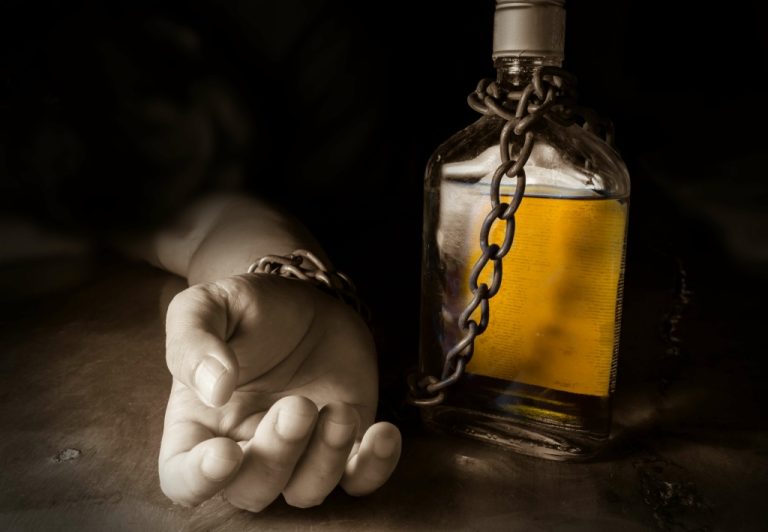If you are at all concerned about your loved one’s physical or mental condition because of alcohol impairment, do not let them leave in which stage of intoxication does an individual become aggressive your sight, especially if they insist on driving themselves home. If you think it’s a case of extreme alcohol intoxication, call 911 immediately. Several factors can influence how quickly an individual becomes intoxicated. Body weight is a significant factor, as alcohol is distributed throughout the body based on water content. Individuals with a higher percentage of body fat will generally have a lower concentration of alcohol in their bloodstream compared to those with less body fat, as alcohol is not stored in fat cells. Gender also plays a role, with women typically becoming intoxicated more quickly than men due to differences in body composition and the presence of enzymes that break down alcohol.
- While you wait, make sure the intoxicated person remains upright and awake.
- The mission of the campaign is to help Service members learn to drink responsibly, if they choose to drink alcohol.
- Several factors can influence how quickly an individual becomes intoxicated.
- Additionally, friends and family members can play an important role in supporting individuals who struggle with drinking, by encouraging responsible drinking practices and seeking help when necessary.
- Responsible drinking involves not only knowing one’s limits but also planning ahead, such as designating a sober driver or arranging for safe transportation.
What Influences BAC Levels?
There are different stages of intoxication you should be aware of. Keeping a reasonable pace is vital so that one does not become too drunk. They can no longer stand, let alone walk, and may also be throwing up. They might just pass out at this point, and they must be cared for because it is also possible that their gag reflex will be affected. Choking on one’s vomit would be disastrous and may even be fatal, so we have to monitor people reaching this stage closely.
- Learn the typical Blood Alcohol Concentration (BAC) per number of drinks someone has had, and the common behavioral and physical signs for each stage of intoxication.
- They may experience an increased pain threshold and may not feel the effects of an injury until later.
- These are only a few factors that can impact how an individual is affected by alcohol.
- The information on this website should not be taken as medical advice for any individual case or situation.
What Is a Standard Drink?
Their emotions are heightened, which could lead to unpredictable, aggressive or violent behavior. Their confusion is more pronounced and they can have difficulty speaking clearly or distinguishing between objects. Their movements are even more impaired as they become more prone to dizziness and falls. A person in the Severe Impairment Stage can also become numb and insensitive to pain. At this stage, there are typically no noticeable signs of intoxication. It takes strength, determination, and lots of support to tackle a serious drinking problem and move on to a sober life.

Death
If you are concerned about someone with these symptoms, you should seek immediate medical attention. The amount of alcohol consumed is not the only factor in determining BAC. Get all the tools you need to understand how alcohol affects the body, along with alcohol safety best practices and tips, when you take Userve’s Alcohol Server / Seller Training.

Stage 4: Severe Impairment

Unless their tolerance level is extremely high, someone at this stage will lose all motor control and the ability to react to stimuli. They may experience an increased pain threshold and may not Alcohol Use Disorder feel the effects of an injury until later. The appearance of external hyperlinks does not constitute endorsement by the Defense Department (DOD) of the linked web sites, or the information, products or services contained therein.
 Phone: +4733378901
Phone: +4733378901  Email: food@restan.com
Email: food@restan.com 
